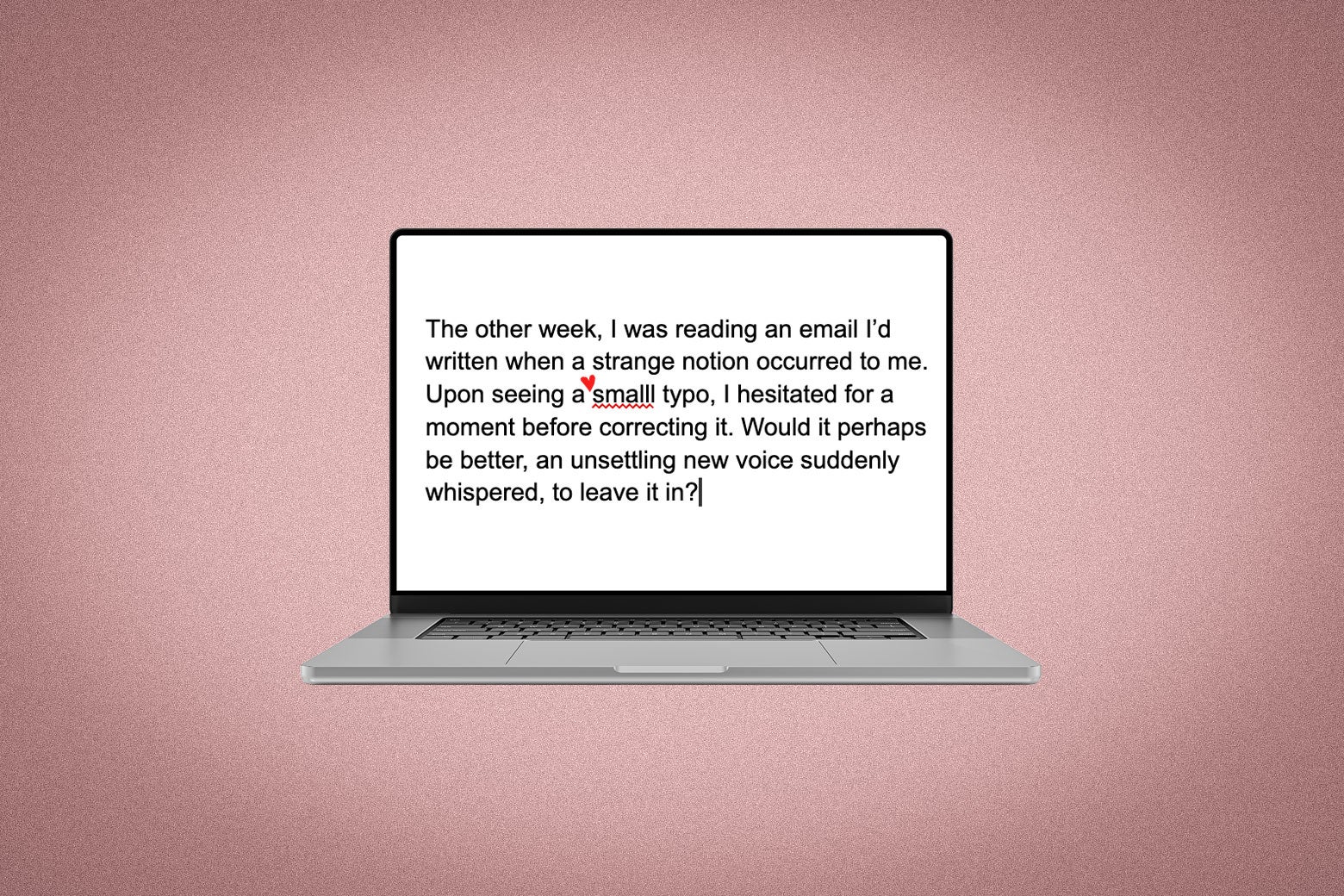Developer Offer
Try ImaginePro API with 50 Free Credits
Build and ship AI-powered visuals with Midjourney, Flux, and more — free credits refresh every month.
The AI Paranoia Making Human Writing Worse

Have you ever written something, noticed a small typo, and had a fleeting thought to just leave it in? A year ago, this idea would have been unthinkable for most professional writers who pride themselves on clean, polished prose. But we're living in a new era—the age of AI paranoia. Today, an unsettling voice might whisper that a small mistake could be a good thing, a way to prove your humanity.
The Rise of AI Suspicion
In a world where ChatGPT's influence is everywhere, any writing that appears too perfect is now met with suspicion. Social media comments and online forums are rife with accusations, pointing fingers at anything that seems remotely machine-generated. This collective paranoia has made many writers self-conscious. Suddenly, every punctuation choice and turn of phrase is under scrutiny. Is that em dash a giveaway? Does this sentence sound a little too impersonal, a little too much like ChatGPT?
This isn't an isolated feeling. A growing number of people are actively purging their writing of so-called "AI tells" to avoid being flagged as a bot, even when the work is entirely their own.
The New Rules of Sounding Human
To prove their authenticity, writers are avoiding specific stylistic choices that have become associated with AI. The once-beloved em dash has become a prime suspect, as noted in online writing communities. Certain words that ChatGPT seems to favor—like delve, nestled, boast, and meticulous—are now on an unofficial blacklist for many. Even common sentence structures, such as "It's not just X, it's Y," are being abandoned as a flashing AI warning sign.
The fear is so pervasive that it can lead to false positives. John Gallagher, an English professor at the University of Illinois, described having an oversensitive "AI radar" that convinced him an academic article was AI-written, only to discover it was published in 2019, long before the current AI boom. Writer Jack McNamara aptly described the current climate, stating that writing online in 2025 "feels like performing keyhole surgery while people scream ‘ROBOT! ROBOT! ROBOT!’ into your ear."
When Typos Become a Badge of Honor
One of the most surprising outcomes of this AI paranoia is the rebranding of the typo. What was once a mark of carelessness is now viewed by some as an indelible fingerprint of a human author. Writer Thomas Smith mentioned that he now intentionally leaves typos in his Medium posts as a reassuring signal to his audience. His readers have even started telling him, "But maybe you want to keep it in."
This sentiment is echoed in the professional world. Content strategist Larissa McCarty, who ghostwrites for clients, says she is now relieved to see minor errors in copy and even advises professionals to leave small mistakes in their posts to enhance their authenticity.
Is Good Writing Now a Red Flag?
The pressure to sound human is having a chilling effect on the quality of writing. Brands, fearing penalties from Google's SEO algorithms, have asked copywriters like Smith to remove all em dashes. Lists of "ChatGPT words to avoid" circulate widely, and this can undermine strong, established writing conventions. Techniques like using lists of three or transition words like however are now viewed with suspicion, simply because AI models were trained to mimic these effective methods.
McCarty expressed this dilemma perfectly: "When I'm typing something up, I'm like, Oh, that’s a good idea for how to word that. But then, in the back of my mind, I'm like, It’s almost too good." She now avoids writing her own metaphors because she feels ChatGPT excels at them.
This suspicion of proficient prose has even reached academia. A recent academic paper highlighted that Montclair State University instructed faculty to view good grammar as a potential sign of AI use, creating a paradox for students who are expected to produce polished work.
The Deeper Impact of AI Shaming
This trend is part of a broader phenomenon known as "AI shaming," a stigma highlighted in a growing number of academic papers. According to a 2025 Duke University study, professionals often hide their use of AI tools because they fear colleagues will see them as lazy or less competent. Unlike older tools like Excel, generative AI isn't perceived as requiring specialized skill.
Even as we try to differentiate our writing from AI, its influence may be unavoidable. A 2025 study from the Max Planck Institute found that podcasters and YouTubers have started unconsciously using AI's favorite words, like delve, even in spontaneous conversations. Furthermore, as AI models evolve, today's "tells" will quickly become obsolete. Computer science professor Daphne Ippolito notes that these trends are "transiently useful" at best.
Finding a Way Forward
Not everyone sees this as a negative development. Smith suggests that the pushback against slick, impersonal prose—a style popularized by SEO algorithms—could lead to more personal, stream-of-consciousness writing. The focus might shift from perfect form to the genuine sharing of ideas.
Instead of simply avoiding certain words or styles, this moment can be an opportunity for introspection. Professor Gallagher wrote that he now tries to reduce his reliance on lists not just to avoid sounding like AI, but "to be diligent about my word choice."
As for me, I couldn't bring myself to leave that typo in my email. But the next time one appears, I doubt it will bother me as much as it once did.
Compare Plans & Pricing
Find the plan that matches your workload and unlock full access to ImaginePro.
| Plan | Price | Highlights |
|---|---|---|
| Standard | $8 / month |
|
| Premium | $20 / month |
|
Need custom terms? Talk to us to tailor credits, rate limits, or deployment options.
View All Pricing Details

